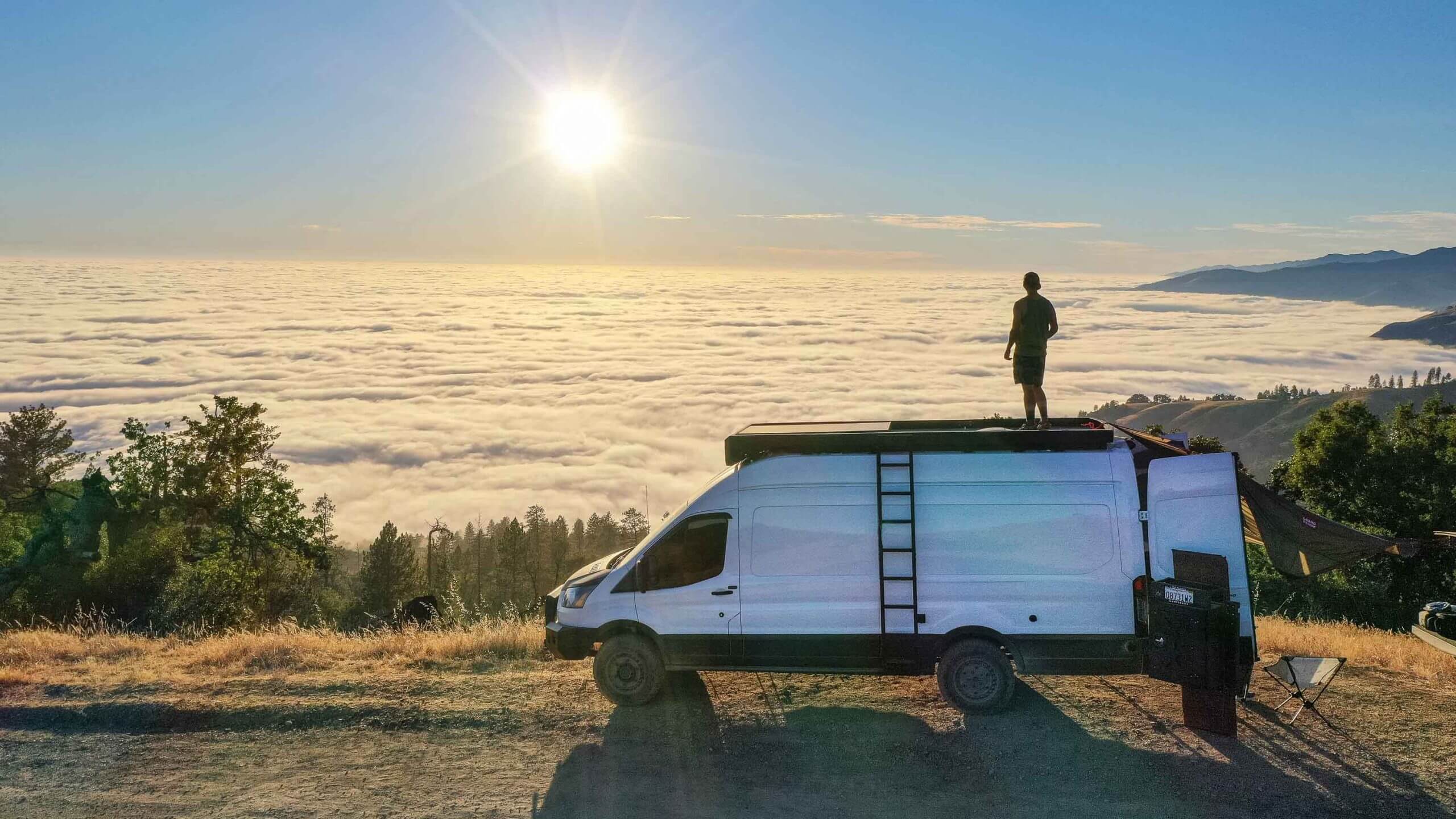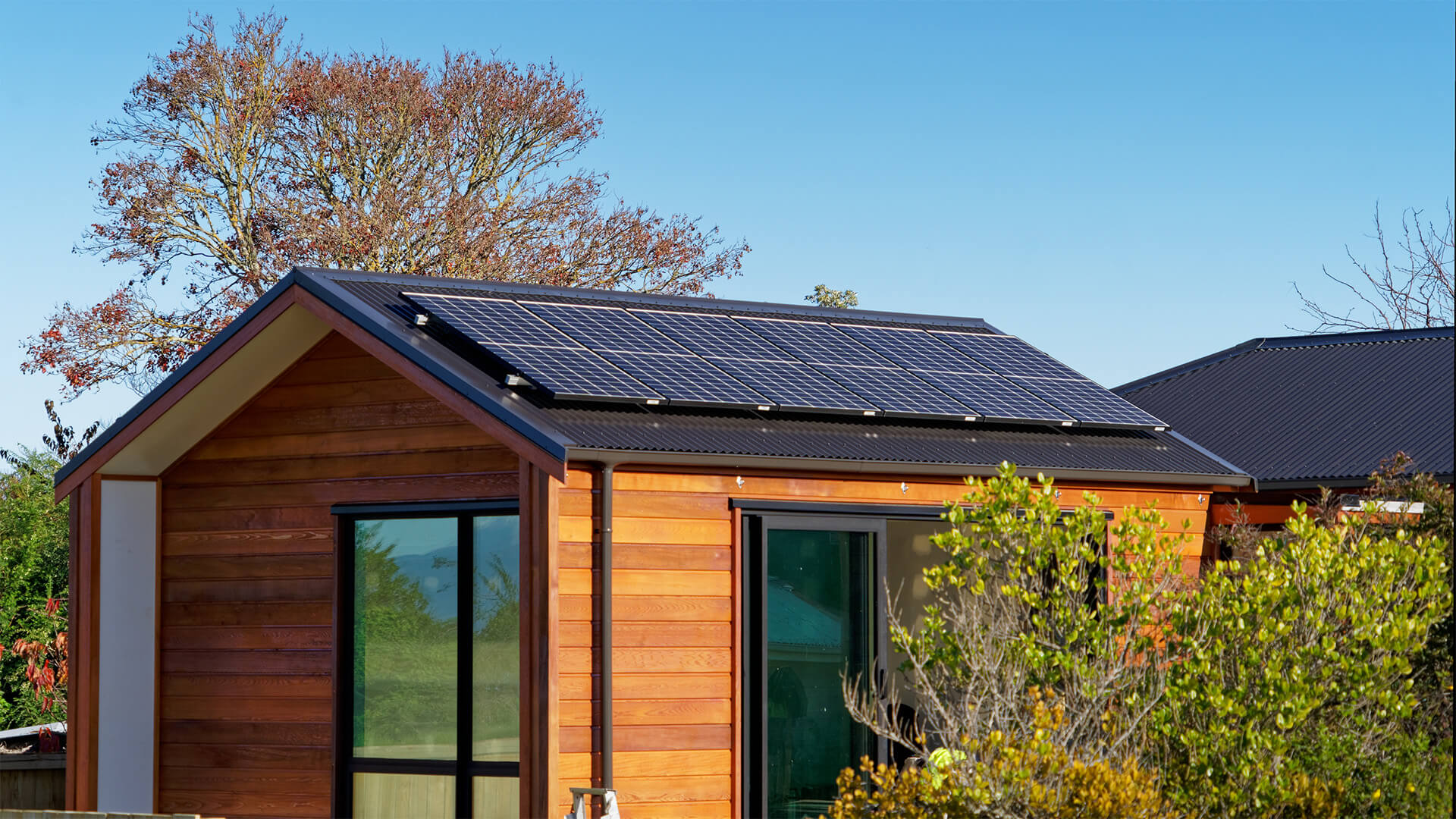Nomadic off grid living – Nomadic off-grid living beckons the adventurous spirit, a siren song of self-sufficiency and unbound exploration. Imagine a life untethered to conventional routines, where your home is a rolling sanctuary and your journey a continuous unfolding of breathtaking landscapes and personal growth. This isn’t just a lifestyle; it’s a philosophy, a testament to human resilience and the enduring power of connection with nature.
Prepare to discover the possibilities of a life less ordinary, a life lived on your own terms, far from the constraints of the grid.
This exploration delves into the practicalities and philosophies of nomadic off-grid living, examining everything from choosing the right vehicle and setting up sustainable systems to navigating legal hurdles and fostering a thriving community spirit. We’ll examine diverse approaches, from minimalist bicycle touring to sophisticated van conversions, and provide insights into managing resources, maintaining well-being, and ensuring safety in diverse environments.
Whether you’re a seasoned adventurer or a curious beginner, this guide offers a comprehensive roadmap to navigate this exhilarating path.
Essential Resources and Sustainability
Embracing a nomadic, off-grid lifestyle necessitates a deep understanding of resource management and sustainable practices. Self-sufficiency is paramount, demanding careful planning and resourcefulness to minimize environmental impact while ensuring personal well-being. This section will delve into the crucial aspects of water sourcing, energy generation, and waste management within this unique context.
Water Sourcing and Purification
Access to clean, potable water is fundamental to survival. Nomad lifestyles often require innovative solutions for water acquisition and purification. Reliable sources might include collecting rainwater, utilizing natural springs, or employing water filtration systems. The choice depends heavily on location and the availability of natural resources. For instance, a region with frequent rainfall might prioritize rainwater harvesting, while an arid climate might necessitate carrying more water or employing efficient purification methods.
Effective purification methods include boiling, using water filters (ceramic, activated carbon), or employing chemical purification tablets. The selection of a purification method should always consider the specific contaminants present in the water source and the level of purification required. Regular maintenance and cleaning of any purification system are critical for continued effectiveness.
Energy Generation Methods
Off-grid living demands resourceful and sustainable energy solutions. Solar power, given its abundance and accessibility, is a popular choice. Portable solar panels can be used to charge batteries, powering lights, small appliances, and communication devices. Wind power, while requiring a more substantial initial investment and suitable wind conditions, provides a reliable alternative energy source. Small-scale wind turbines can supplement solar energy, particularly in areas with consistent wind.
Other less common but potentially viable options include micro-hydro systems (utilizing flowing water to generate electricity) suitable for locations near streams or rivers, and biofuel generators (using sustainable biomass). The selection of the optimal energy generation method hinges on factors such as geographical location, available resources, and energy needs. For example, a sunny desert environment would be ideal for solar power, whereas a consistently windy coastal area would be well-suited for wind power.
Understand how the union of best solar generator for off grid living usa can improve efficiency and productivity.
Waste Management Strategies
Minimizing environmental impact through responsible waste management is crucial for sustainable off-grid living. This involves careful planning and the adoption of several key strategies.
The following waste management techniques are essential for minimizing environmental impact:
- Reduce, Reuse, Recycle: This fundamental principle prioritizes minimizing waste generation through conscious consumption, reusing items whenever possible, and recycling materials where feasible. This might involve carrying reusable containers, repairing items instead of replacing them, and composting biodegradable waste.
- Composting: Organic waste, such as food scraps and plant matter, can be composted to create nutrient-rich soil for gardening or plant cultivation. This reduces landfill waste and provides valuable fertilizer.
- Incineration (with caution): In certain situations, carefully controlled incineration of non-recyclable waste can be considered, ensuring minimal air pollution. This should only be done with appropriate equipment and in accordance with local regulations and environmental considerations. Improper incineration can lead to harmful air pollution.
- Waste Burial: For non-biodegradable waste that cannot be recycled or incinerated safely, burying it deep underground in a designated area away from water sources can be a last resort. This should be done responsibly to prevent soil and water contamination.
- Greywater Recycling: Greywater (wastewater from showers, sinks, and laundry) can be recycled for non-potable uses such as irrigation, if treated appropriately. This reduces water consumption and minimizes wastewater discharge.
Legal and Regulatory Aspects: Nomadic Off Grid Living

Embarking on a nomadic, off-grid lifestyle requires careful consideration of the legal landscape. Navigating the complexities of land access, permits, and various regional regulations is crucial for a sustainable and legally compliant journey. Failure to do so can lead to significant challenges, from fines and evictions to legal battles that detract from the freedom off-grid living promises.The legal framework surrounding off-grid living varies significantly depending on location.
While some areas may be more permissive, others have strict regulations concerning land use, waste disposal, and access to resources. Understanding these differences is paramount to avoiding legal pitfalls and ensuring a peaceful existence.
Land Access and Ownership
Securing legal access to land is arguably the most significant legal hurdle for nomadic off-grid dwellers. Options range from purchasing land outright (often prohibitively expensive), leasing land (subject to lease agreements and potential restrictions), to seeking permission from landowners for temporary stays. The latter option often requires navigating complex relationships with private landowners or public land management agencies, necessitating clear communication and adherence to any existing rules and regulations.
For example, many national forests allow dispersed camping for limited periods, but exceeding these limits or violating fire restrictions can result in hefty fines or legal action. Similarly, obtaining permission from private landowners often requires formal agreements, outlining the duration of stay, permitted activities, and responsibilities regarding land maintenance and waste disposal.
Permits and Licenses, Nomadic off grid living
Depending on the location and the specific activities undertaken, various permits and licenses may be required. These can include building permits (even for temporary structures), water usage permits, waste disposal permits, and hunting or fishing licenses. The complexity and cost of obtaining these permits can vary significantly across regions. For instance, constructing a simple shelter might require a building permit in some jurisdictions, while others might have more lenient regulations for temporary structures.
Similarly, accessing water sources might require a permit in areas with strict water management regulations. Failure to obtain necessary permits can lead to significant fines and legal repercussions.
Navigating Regional Legal Frameworks
A key strategy for navigating diverse legal frameworks is thorough research. Before settling in any location, it’s essential to contact local authorities (county, state, or federal agencies depending on the location) to understand the applicable regulations. This includes researching zoning laws, land use ordinances, and environmental regulations. Engaging with local communities and experienced off-grid dwellers can also provide valuable insights and practical advice.
Joining organizations that support alternative lifestyles can offer support and resources in navigating legal complexities.
Community Support and Organizations
Several communities and organizations actively support nomadic and off-grid lifestyles. These groups often provide resources, information sharing, and legal guidance to their members. For example, some organizations specialize in land access advocacy, offering advice on navigating legal procedures and connecting individuals with landowners willing to accommodate off-grid living. Other organizations focus on sustainable living practices and offer workshops on legal compliance and resource management.
Participating in these communities can provide a crucial support network and facilitate a more seamless transition to a nomadic off-grid lifestyle. Networking with other off-grid dwellers is invaluable for sharing knowledge, learning from past experiences, and accessing collective support.
Embarking on a nomadic off-grid journey is a transformative experience, a profound act of self-discovery interwoven with the beauty and challenges of untamed nature. While it demands resourcefulness, resilience, and careful planning, the rewards are immeasurable: a deepened connection with oneself, the planet, and a community of like-minded souls. This lifestyle isn’t for the faint of heart, but for those who dare to embrace the unknown, it promises a life rich in adventure, self-reliance, and a profound sense of freedom.
The path may be winding, but the destination – a life lived authentically – is well worth the journey.
Q&A
How much does nomadic off-grid living cost?
Costs vary wildly depending on your setup, lifestyle, and travel style. Minimalist setups can be surprisingly affordable, while more luxurious options can be expensive. Careful budgeting and resourcefulness are key.
Is nomadic off-grid living safe?
Safety is paramount. Thorough planning, including emergency preparedness, understanding potential hazards (weather, wildlife), and having reliable communication are crucial for mitigating risks.
How do I find off-grid communities?
Online forums, social media groups, and dedicated websites connect individuals and groups interested in off-grid and nomadic lifestyles. Attend relevant events and workshops to network.
What about healthcare access?
Access to healthcare can be challenging. Comprehensive travel insurance, a well-stocked first-aid kit, and knowledge of basic first aid and wilderness medicine are essential. Consider telehealth options.


